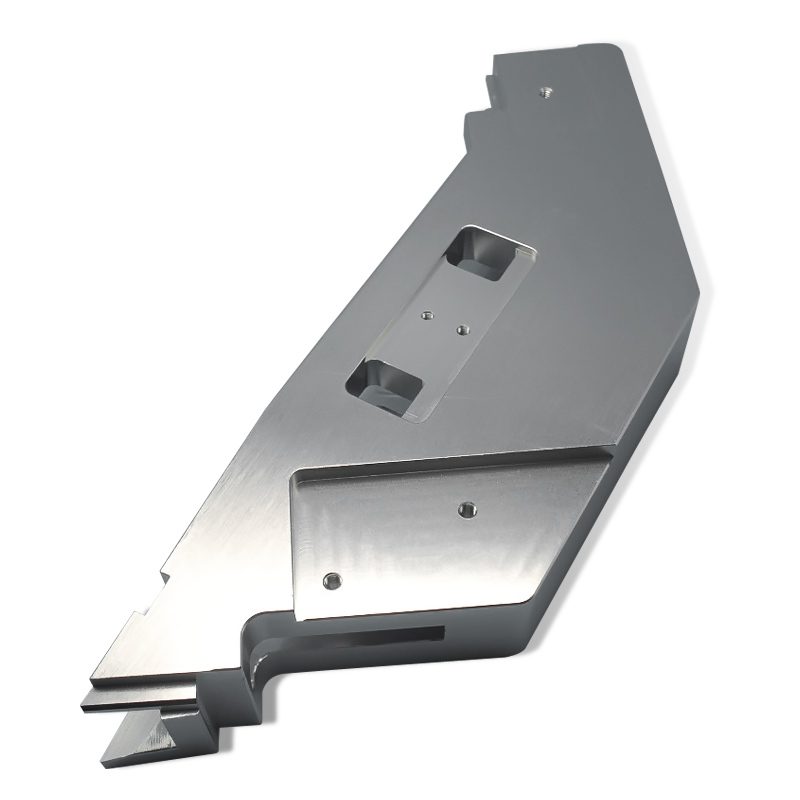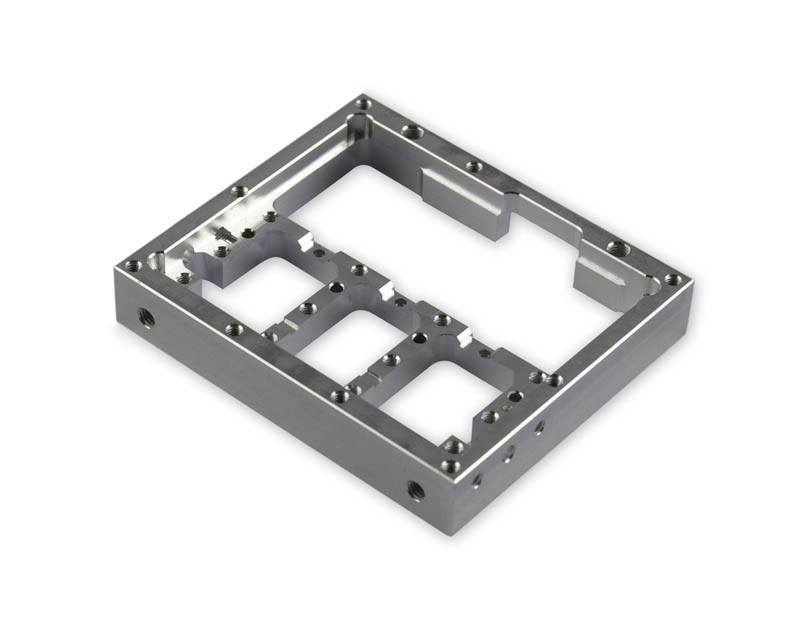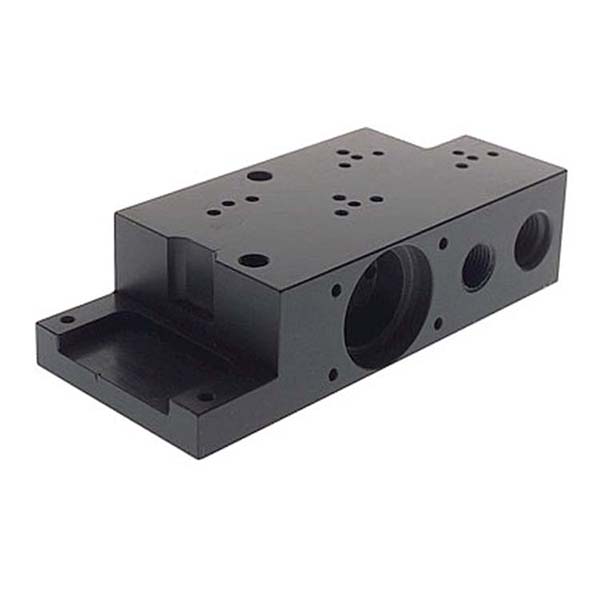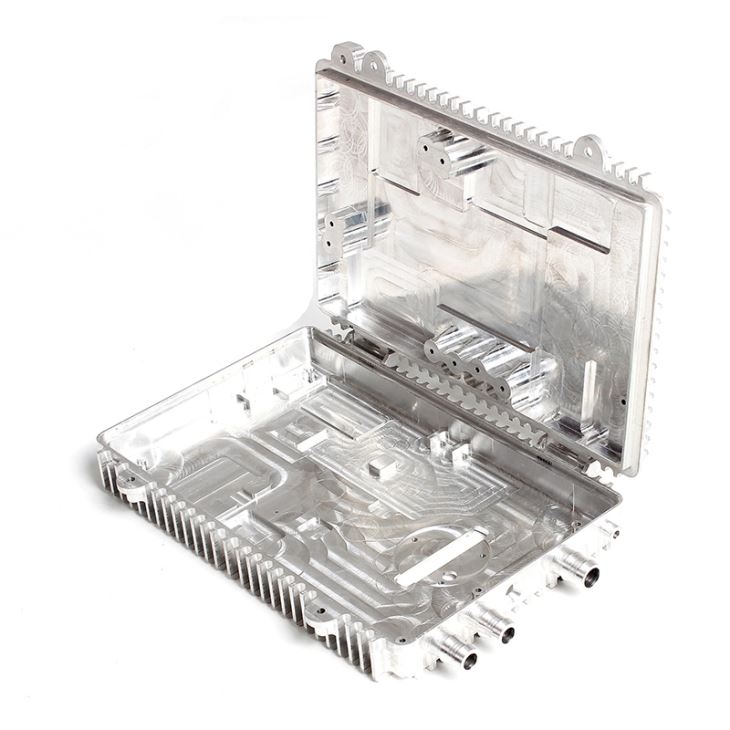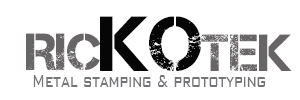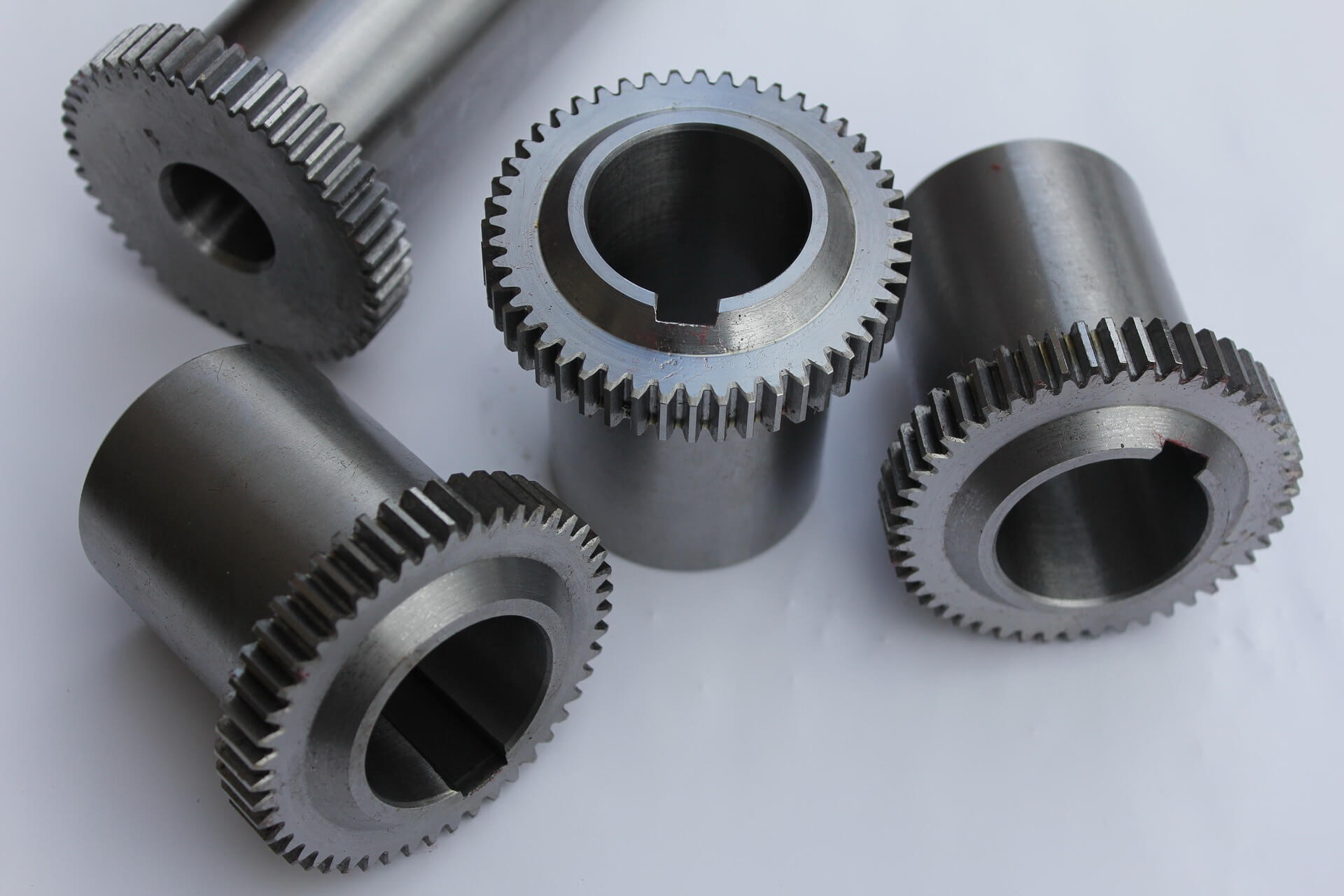CNC turning service
What is CNC Turning?
Typically, CNC turning produces parts with an axisymmetric and rotational design with various features, including threads, holes, tapers, grooves, contoured surfaces, and different diameter steps.
CNC turning can be used for different outcomes depending on the industry and can produce the following:
- Prototypes
- Fittings
- Spacers
- Bushings
- Shafts
Do you need precision machining for a complicated part? We can offer quality turning center services.
Accuracy of CNC Turning
We can separate CNC turning into fine turning, semi-precision turning, or rough turning.
Excellent turning and semi-turning adopt a small feed and higher speed for cutting depths, allowing the machine precision to achieve IT5 to IT8, while surface roughness ranges from Ra 0.4 to 1.6.
However, a rough turning uses a massive feed and cutting depth for enhancing the efficiency of turning without lowering cutting speeds. It allows the machine precision only to achieve IT10m and surface roughness of RA 10-20 micron.
Advantages of CNC Turning
- Flexible: CNC turning services can be flexible to fit a range of applications and size capabilities.
- Accuracy: CNC turning’s high accuracy precision may be one of the most significant competitive advantages. It can incorporate CAM or CAD files within the process, allowing machines to reduce waste and follow strict measurements without risk of human error.
- Repeatability: Flexibility and high accuracy of CNC turning offer unlimited repeatability. Therefore, reducing loss while maximizing output.
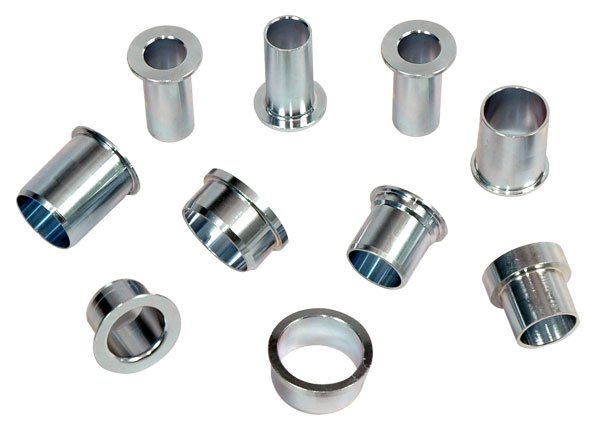
CNC Turning parts
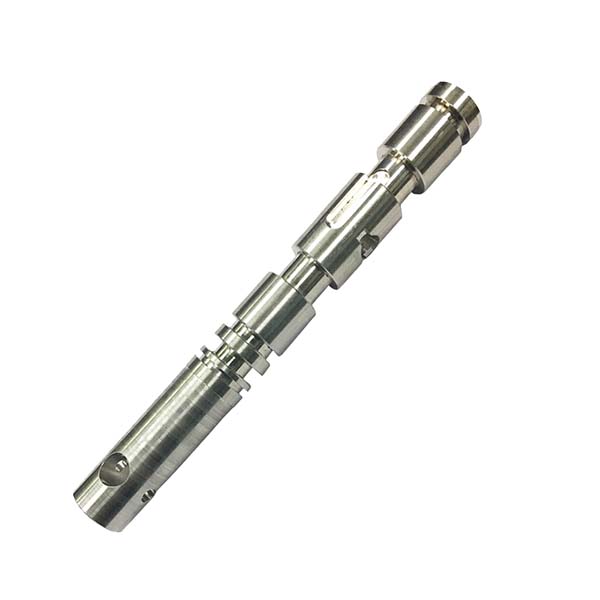
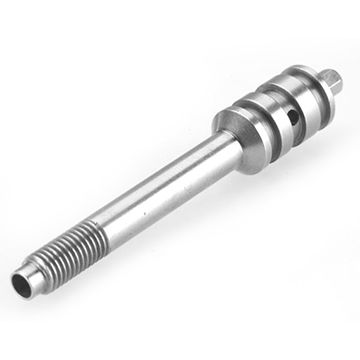
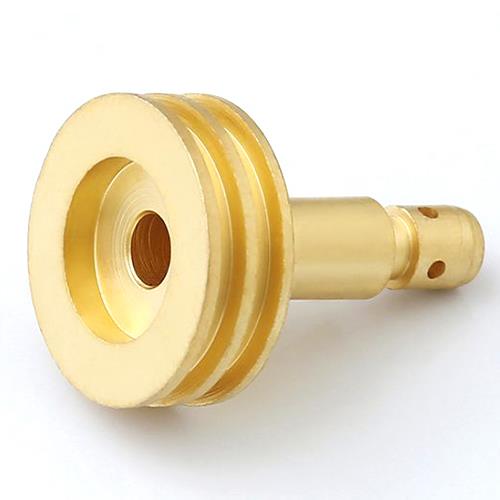
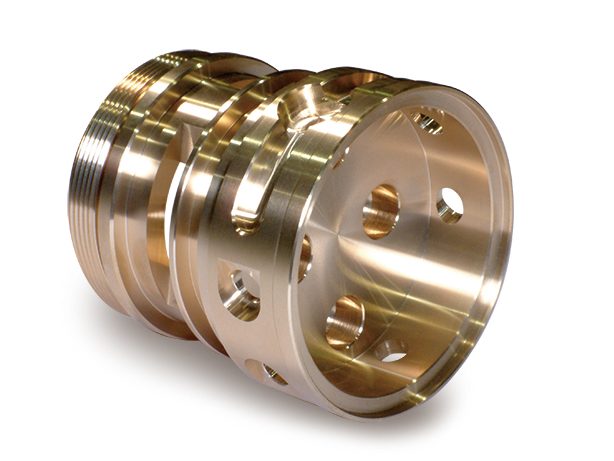
CNC milling service
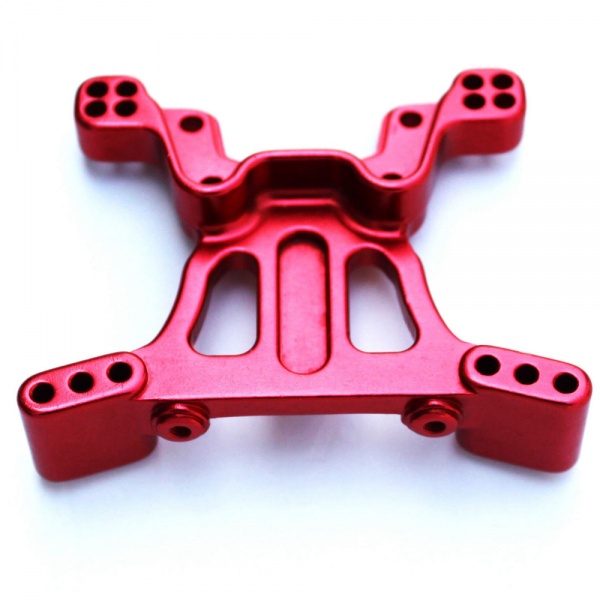
What is CNC Milling?
Computer Numerical Control milling (CNC milling) produces forms or shapes through a spindled axis and rotating a cutting tool through machine processing. Repeatability and reliability can be significantly increased with a specialized computer controlling the cutting tool, lowering the risk of human errors.
CNC milling can be a suitable option for various materials, including glass, plastic, wood, and metal, to produce a range of custom products or parts. Additionally, CNC milling may be used for achieving a high tolerance and accuracy in prototypes, small to medium, or single production runs.
Application of CNC Milling
Contour milling and plane milling are versatile and popular methods. Various parts can be manufactured with CNC milling, such as:
- Prototypes
- Brackets
- Ball joints
- Valve bodies
- Spindles
- Rollers
Do you want to know if your project is a good fit for a CNC milling center? Call us to get more information!
Tolerance of CNC Milled Products
Products produced by CNC milling have high precision, with an economic accuracy of IT9-IT7, and surface roughness of Ra 12.5-1.6um. Therefore, finely milled parts may be precise up to IT5, while surface roughness may reach Ra 0.20um.
Advantage of CNC Milling Services
- An average of five times faster
- Higher precision, usually within 0.001”
- Single fixture for multi-machine processing
- Versatile milling tools for creating complex parts
- Programs are stored in a library for quickly creating multiple copies that can be used repeatedly with fewer labor hours.
CNC Milling parts
